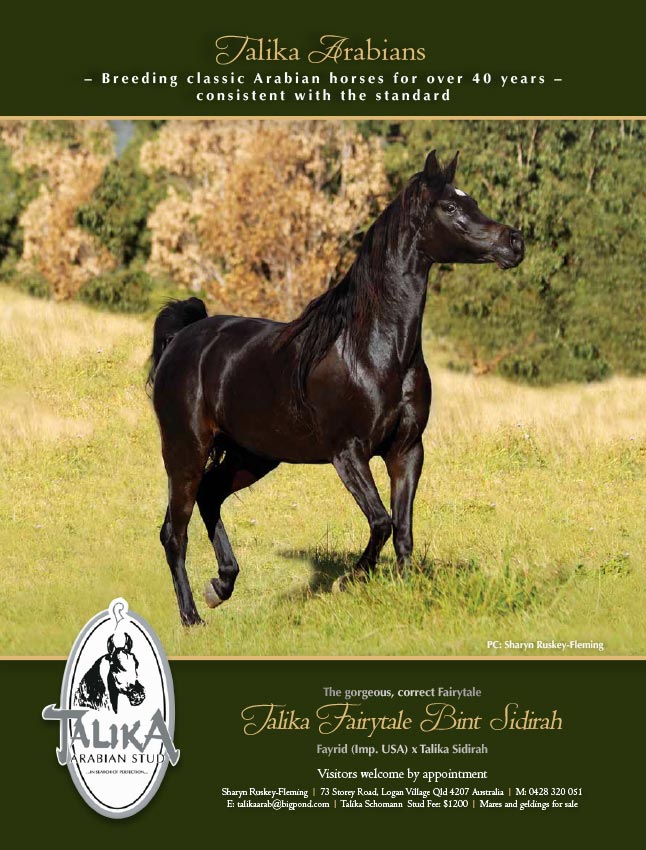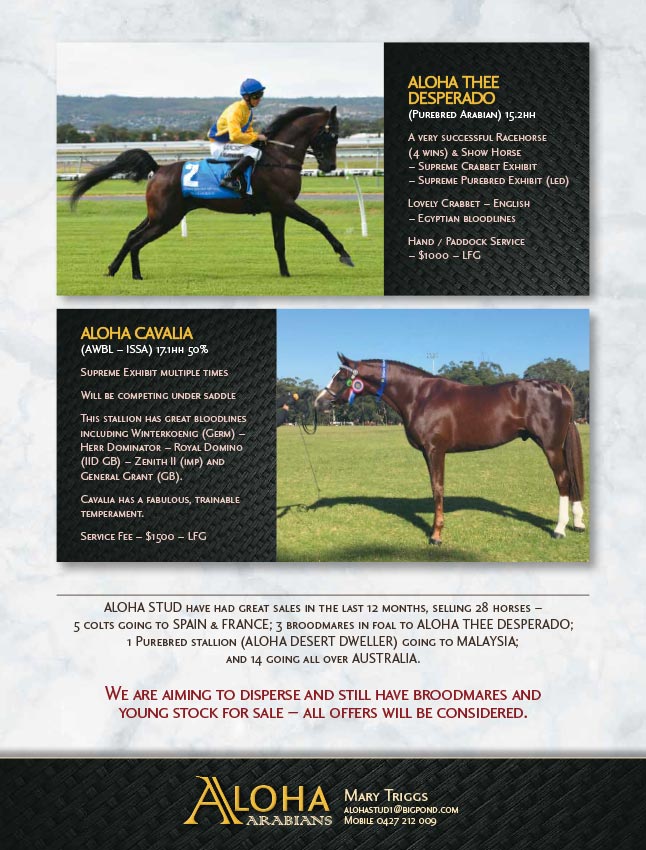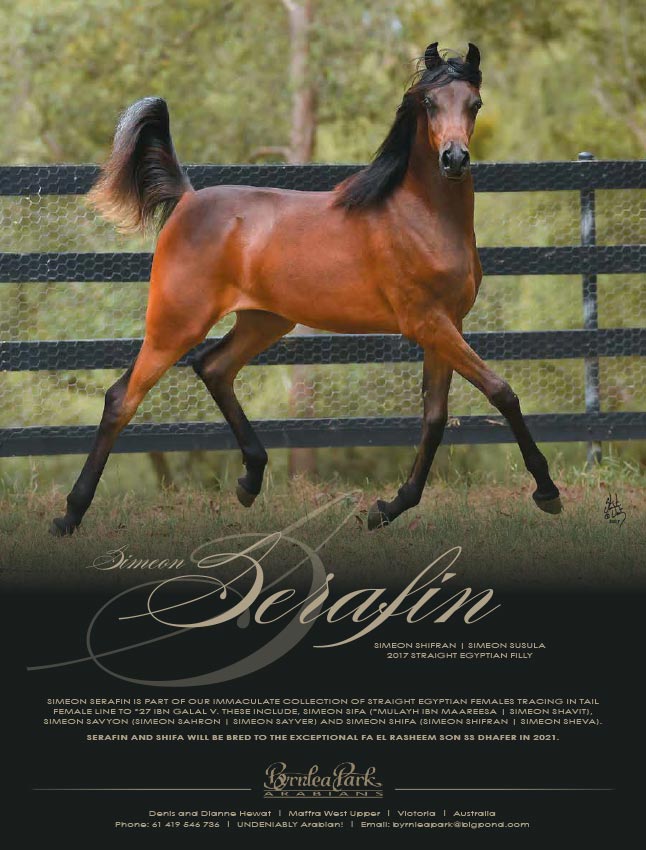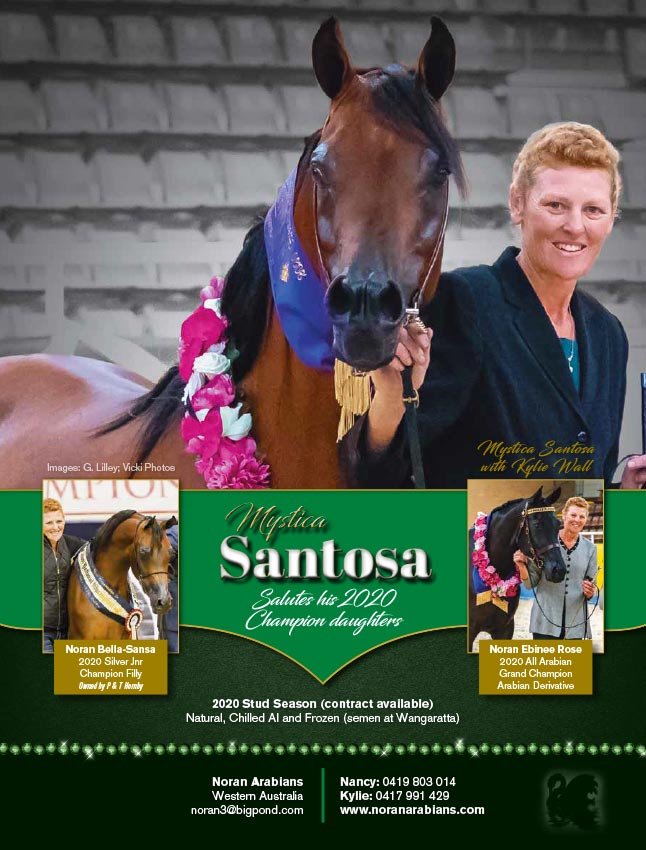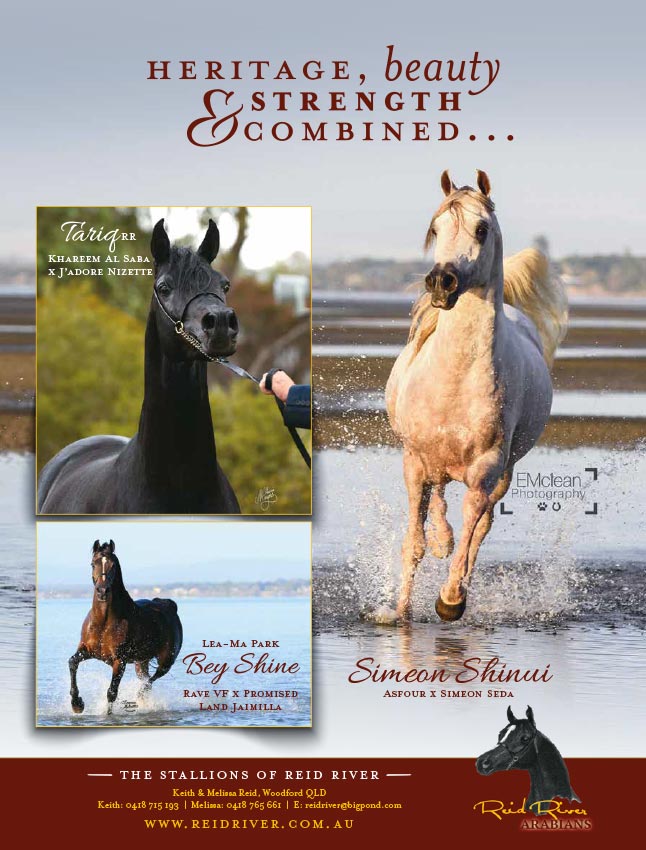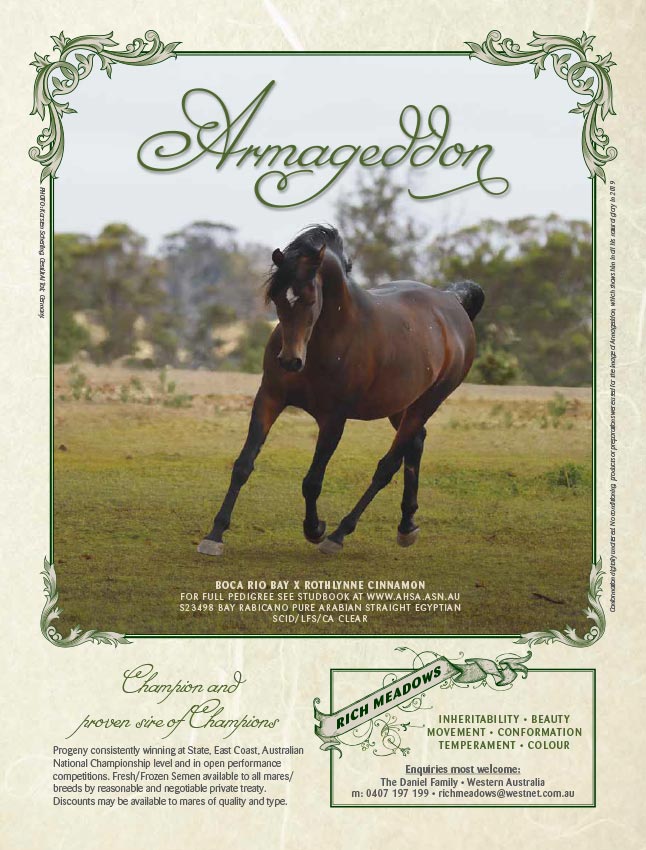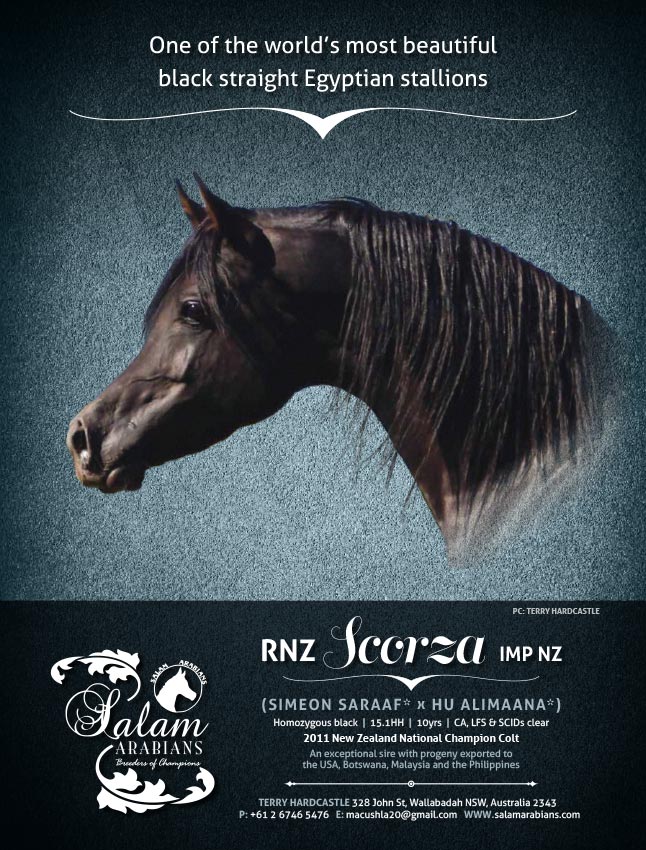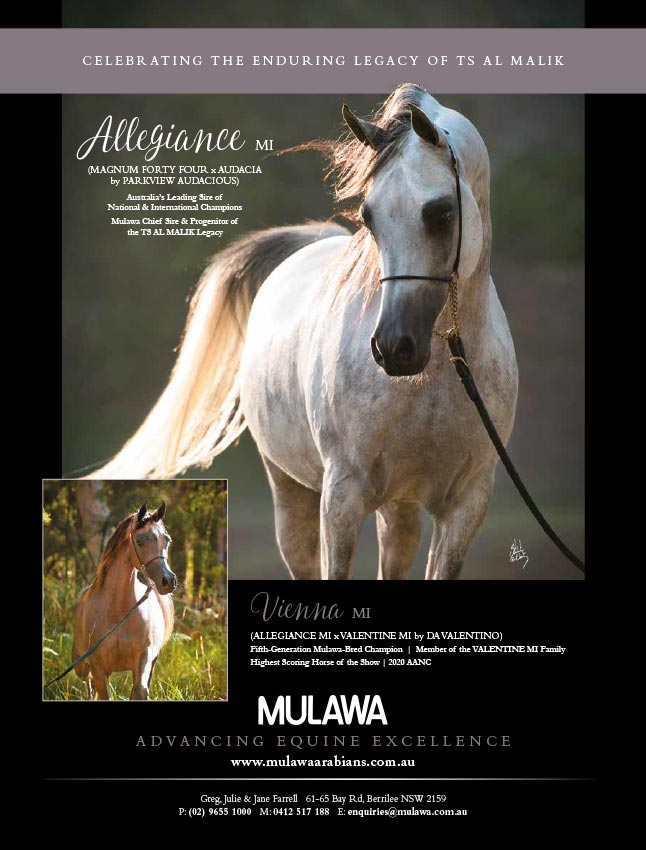Andres Castano

International Ambition – Global Vision
August 28, 2020
Bairaktar
August 28, 2020Andres Castano
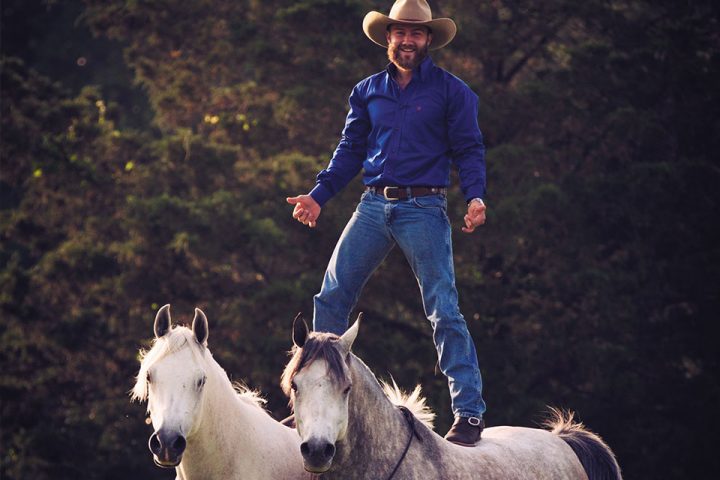
One of America’s younger generation of Equine Clinicians just starting to make his mark
PHOTOGRAPHY BY APRIL VISEL
For admirers of the Arabian horse, indeed perhaps admirers of all horses, the photography works of April Visel are a unique and inspiring series of images, that often convey feelings of romance, freedom and even musicality. April works with a small group of likeminded riders and trainers, who help bring her images to life. One of these, Andres Castano, is one of America’s younger generation of Equine Clinicians just starting to make his mark.
‘April was scouting for another rider for her workshops, and a couple of clients suggested that I would be a good fit. So April contacted me through social media. I said yes straight away of course…what an honour to work with one of the best equine photographers in the world.’
Since that time, Andres has been very fortunate to work with many wonderful horse photographers, like Hilary Bishop, Julie Patton and Elizabeth Jensen to name only a few. ‘What I enjoy the most about these workshops is the people, and the horses that I get to work with. They are just an amazing crowd to be around and some of the best horses in the world. And they often share the same idea about always having fun and enjoying your horse while being kind and humane and giving them the best care possible.’
Andres has been described as ‘an astoundingly naturally gifted trainer’ and educates Arabians for a variety of disciplines, including Western Pleasure and Hunter. ‘I am a horse trainer and clinician, not only for Arabians but for other breeds as well. I do mainly colt starting and problem horses, but also show some horses,’ says Andres. ‘I enjoy doing the clinics because I strive to keep learning as much as I can about horses, and share that knowledge with as many people as possible. I try to help make a change in the way we relate and see horses in general.’
Andres grew up in Medellin, Colombia. He grew up in the city, however his parents had a farm in the small town of El Retiro, not far from Medellin. ‘We had horses ever since I can remember. We would go to the farm every weekend and most holidays and vacations. The house was about 3/4 of a mile from the main road which is just a small dirt road, and it’s very mountainous terrain, so the only access was either on foot or on horseback.’
From a very young age, Andres’ father started teaching both Andres and his younger brother how to handle and ride horses. ‘They would put us on a horse since before we knew how to walk and lead us around the property. We both started to actually ride at the age of three, and have been involved with horses since. We used to go on all-day trail rides across the mountains almost every weekend…it was always about enjoying and taking care of our horses before anything else.’ Although during his teen years Andres did own an Araloosa gelding, he did not start working with purebred Arabians until he was 18 years old and had decided to work with horses professionally. ‘I was hired by a gentleman from Australia named Justin Clark who lives in Colombia now, and breeds Polish Arabians for endurance. I started the first two mares that he imported from the USA under saddle and conditioned them for their first endurance race.’
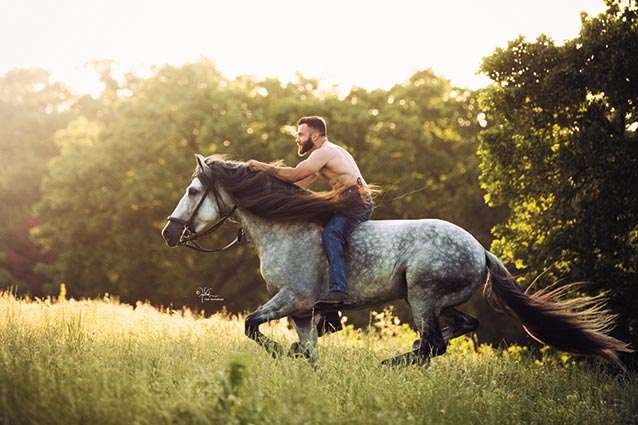
‘After working for Justin Clark, I came to the USA to study English and then an internship as a horse trainer apprentice at an Arabian farm called C’s Arabians. Later, they sponsored my work visa and I started training and showing. I have been involved with Arabian horses ever since.
‘I love how inquisitive and versatile Arabians are. Their intelligence and sensitivity has made me refine the intensity levels of pressure in all my cues, as well as my body language.’
Andres likes to incorporate obstacles in his training program, which when considering how the human brain works when solving problems, makes complete sense. ‘Obstacles are great for improving your horse’s coordination and foot control while developing the thinking side of his brain,’ Andres explains. ‘They also help riders improve both timing and feel in their cues.
‘After winning the WP Championship at the 2015 Egyptian Event my stallion at the time, Scorpios, and I, were chosen to receive the El Gohara award, which is the best relationship between horse and rider of the entire show. The tradition is that horse and rider come down to the arena in their show attire and receive the award. I asked if I could do something a little different with my horse. We didn’t have anything prepared for such an event, so we just improvised. I wanted to show how trainable and willing these horses can be, so I rode him down to the arena bareback with just a rope halter. I asked him to rear up and then lay down. While he was laying down I took the halter off, and with just a little string around his neck, rode him around the arena. Everyone seemed to really enjoy it, so I asked if I could prepare an organised presentation for the following year.
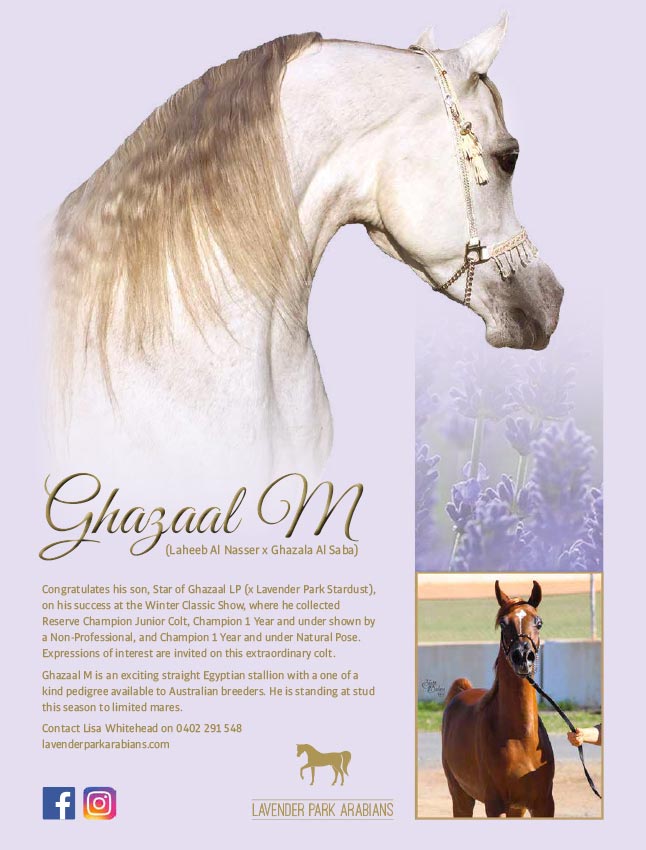
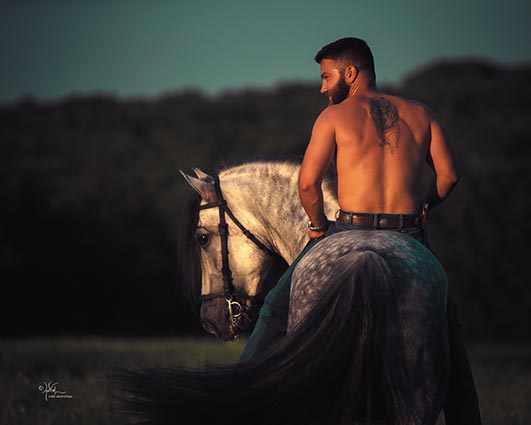
‘I’ve been doing a presentation every year since, focusing on showcasing the versatility of the breed. Doing anything from tricks, to bridleless mounted shooting, liberty work, jumping, roping and even a horse scored a goal last year pushing a giant soccer ball with his nose. This year my good friend and horse trainer Patrick Sullivan, and myself will be doing a colt-starting demo at the Egyptian Event in Lexington, Kentucky.
‘A wise man, and good friend, once told me that we were put on this Earth with the privilege of being the smartest living beings. And that we often mistake this privilege with the right to take advantage of those who don’t share the same intelligence. Truth is, he said, we were not just given a huge privilege, but the biggest responsibility of all. We are supposed to be the guardians and caretakers of this planet, and all the other creatures we share it with. And do right by those, that for no reason trust us with their lives and would follow us until the end.
‘I have never looked at horses, or animals in general, the same way since. They are just as ‘stuck’ with us in this world, as we are with them, but with one big difference, they don’t make decisions over our lives, we make decisions over theirs.
‘So it doesn’t matter the breed, discipline or training program. Be fair, be kind, be respectful.’
